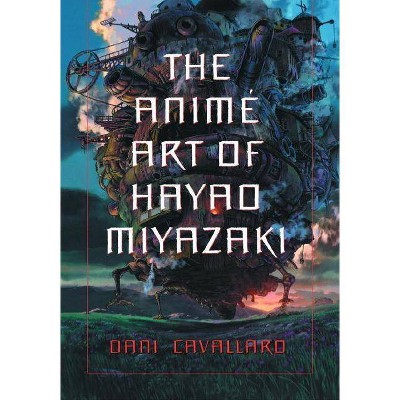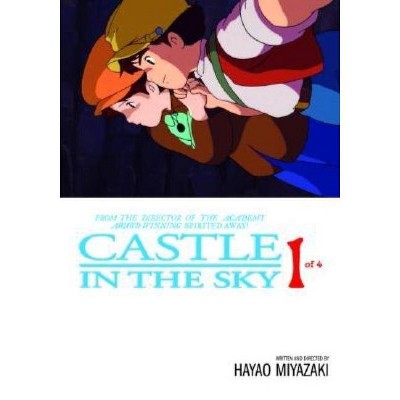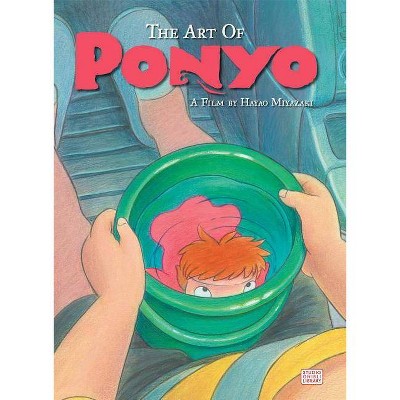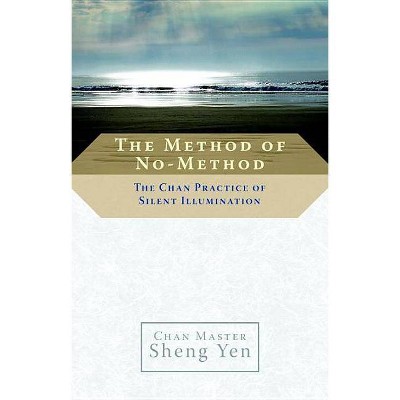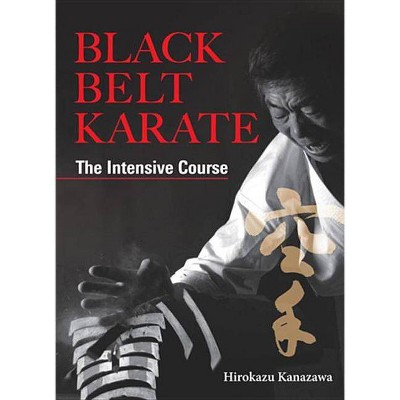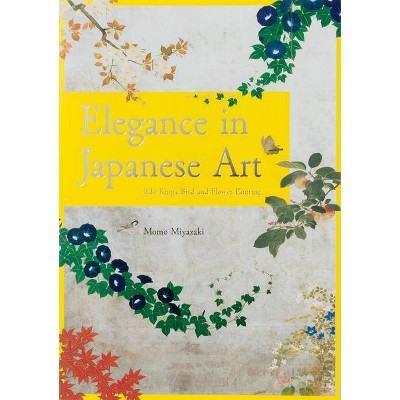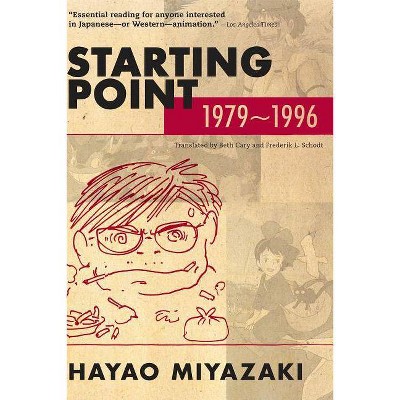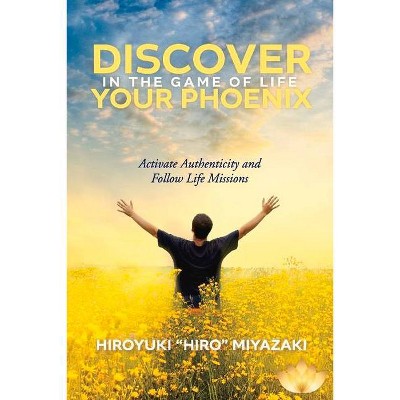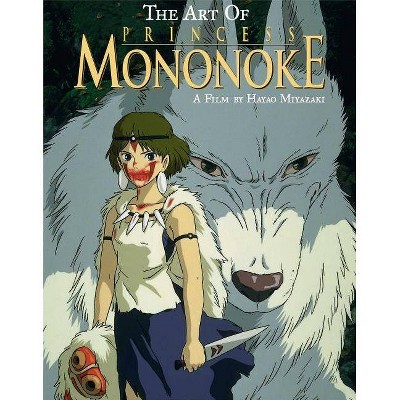The Method of Hope - by Hirokazu Miyazaki (Paperback)
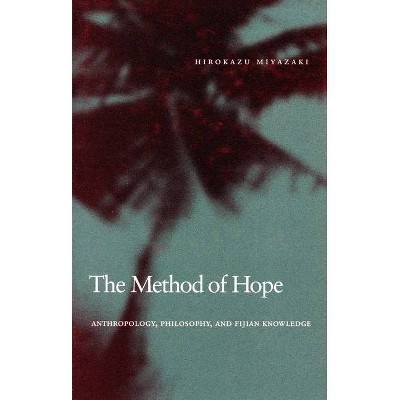
Similar Products
Products of same category from the store
AllProduct info
<p/><br></br><p><b> About the Book </b></p></br></br>This book juxtaposes the long-standing hope of a group of dispossessed Fijians of regaining their ancestral land with the concept of hope in the philosophy of Ernst Bloch. It seeks to highlight the category of hope in anthropological knowledge and reclaim it for social theory, and to carve out a space for a new kind of relationship between anthropology and philosophy.<p/><br></br><p><b> Book Synopsis </b></p></br></br>This book juxtaposes the long-standing hope of a group of dispossessed Fijians of regaining their ancestral land with the concept of hope in the philosophy of Ernst Bloch. It seeks to highlight the category of hope in anthropological knowledge and reclaim it for social theory, and to carve out a space for a new kind of relationship between anthropology and philosophy.<p/><br></br><p><b> From the Back Cover </b></p></br></br>"What is hope? Can one hope to understand it? Must one hope in order to understand it? Is hope, then, a method of knowing rather than an object of knowledge? In a brilliant synthesis of philosophy and anthropology, Miyazaki engages the reader with these questions in a path-breaking example of contemporary ethnography."--Journal of the Royal Anthropological Institute<br>"A lucid and compact work, The Method of Hope will ideally reorient anthropological knowledge, not only about Fiji but also about the ways in which, as Miyazaki writes, 'hope is a common operative in knowledge formation, academic and otherwise.'"--Anthropological Forum<p/><br></br><p><b> Review Quotes </b></p></br></br><br>A lucid and compact work, <i>The Method of Hope</i> will ideally reorient anthropological knowledge, not only about Fiji but also about the ways in which, as Miyazaki writes, 'hope is a common operative in knowledge formation, academic and otherwise.'--<i>Anthropological Forum</i><br><br>Innovative and theoretically provocative.--<i>Oceania</i><br><br>What is hope? Can one hope to understand it? <i>Must</i> one hope in order to understand it? Is hope, then, a method of knowing rather than an object of knowledge? In a brilliant synthesis of philosophy and anthropology, Miyazaki engages the reader with these questions in a path-breaking example of contemporary ethnography.--<i>Journal of the Royal Anthropological Institute</i><br><p/><br></br><p><b> About the Author </b></p></br></br>Hirokazu Miyazaki is Assistant Professor of Anthropology at Cornell University.
Price History
Price Archive shows prices from various stores, lets you see history and find the cheapest. There is no actual sale on the website. For all support, inquiry and suggestion messagescommunication@pricearchive.us

